Adult bullying is not only real but also common. In fact, some studies suggest just as common as childhood and teenage bullying. But as adults, we don’t talk about it nearly as much as we should. It may be because of the shame that adult victims feel. It may be because adult bullying is often more subtle or covert than childhood bullying. Or it may be that as adults we don’t know when we are being bullied (or witnessing someone getting bullied). But adult bullying is a real thing!
Adult Bullying
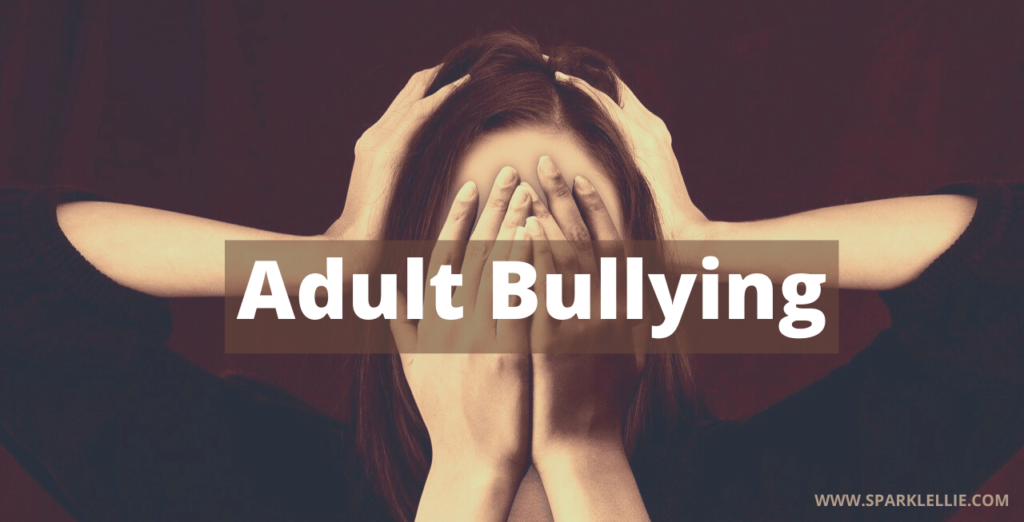
According to Psychologytoday.com adult bullying is widespread and there are plenty of research and evidence of adult bullying happening in the workplace and higher education settings (so, it’s not new). But nobody talks about it. Possibly due to the stigma or the fact that there is high risk and probability of negative effects if the bullied adult does talk about it.
Psychologytoday.com also explains that adult bullying is often slyer and masked, the victims feel a deep shame and self-doubt, thinking it may be “in their head” or they must be “misreading the situation”. The victims may fear – what will happen if they do report the bully? What will happen to their reputation? What will happen to the relationship? If it is in the workplace – will they lose their job or be side-lined?
In this context, it is easy to see that adult bullying can be extremely isolating and a lonely struggle to go through.
So, with this brief overview – are you being bullied in your relationship, your workplace, your home, your friendship, etc.?
What Does Adult Bullying Look Like?
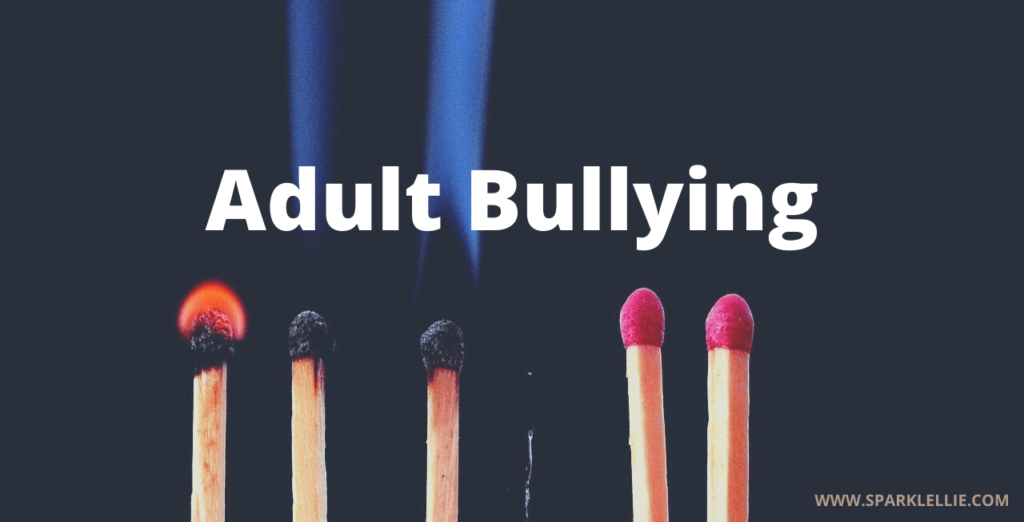
An adult bully is usually quite sophisticated, often a person in power like a boss but can also be an intimidating neighbour, a controlling partner, or condescending friend or a family member. Verywellmind.com says that the “perp” can even be a shaming, social acquaintance of yours. Adult bullies are skilled at subtly intimidating, so much so that victims are often unaware they are being bullied; they may just have feelings of oppression, belittlement, humiliation, and just feel de-energised as a whole.
So, what then are some things associated with adult bullying?
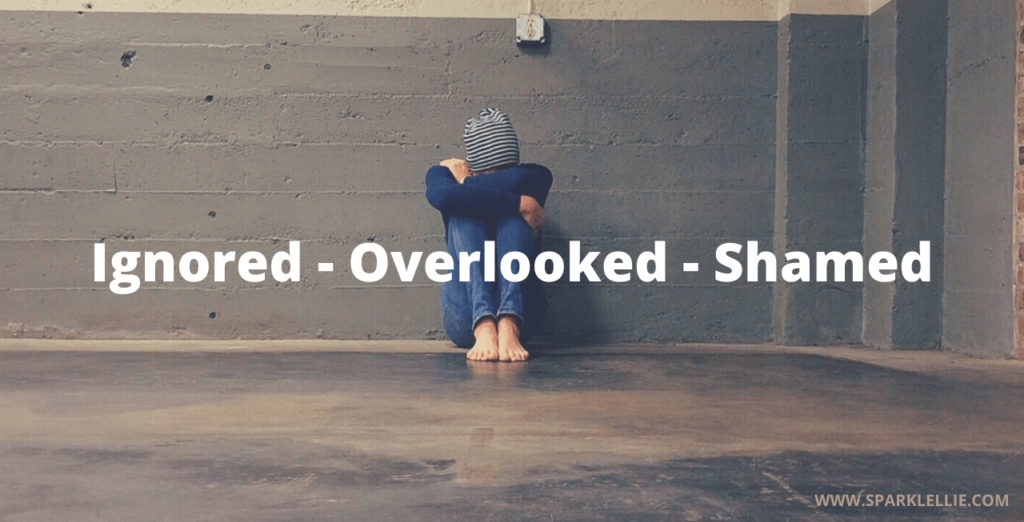
According to Lifehacker.com, classic signs of adult bullying includes you getting ignored – from silent treatment and unanswered emails, texts, or other comms, to the bully refusing to help you when asking for it, purposefully keeping you out of the loop on social or work-related events, and cutting you off mid-sentiment, while you are talking or explaining something.
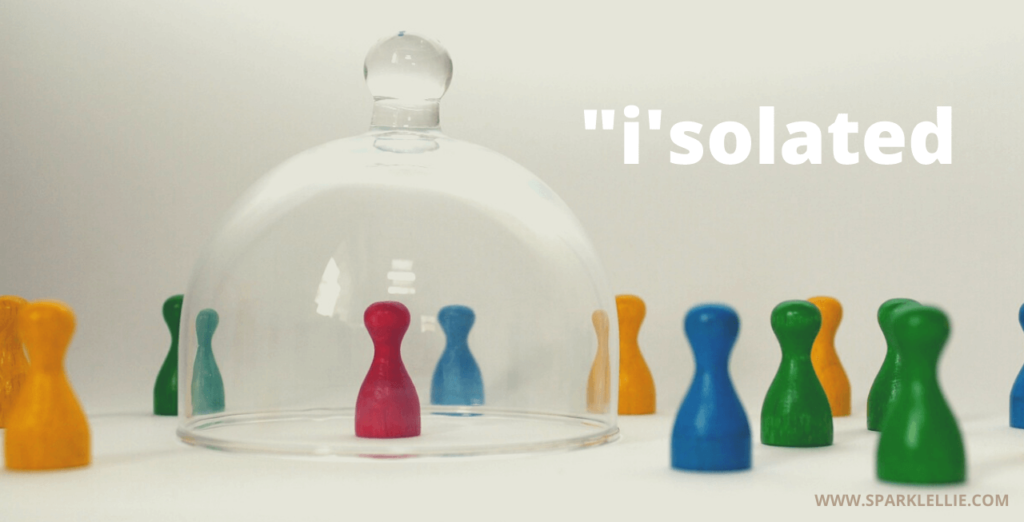
Then there is the disrespecting of your time. This would include intentionally being late for your events, gatherings, or in the case of work, meetings. Failing to respond to you in time or putting off things you asked for, are also common in adult bullying.
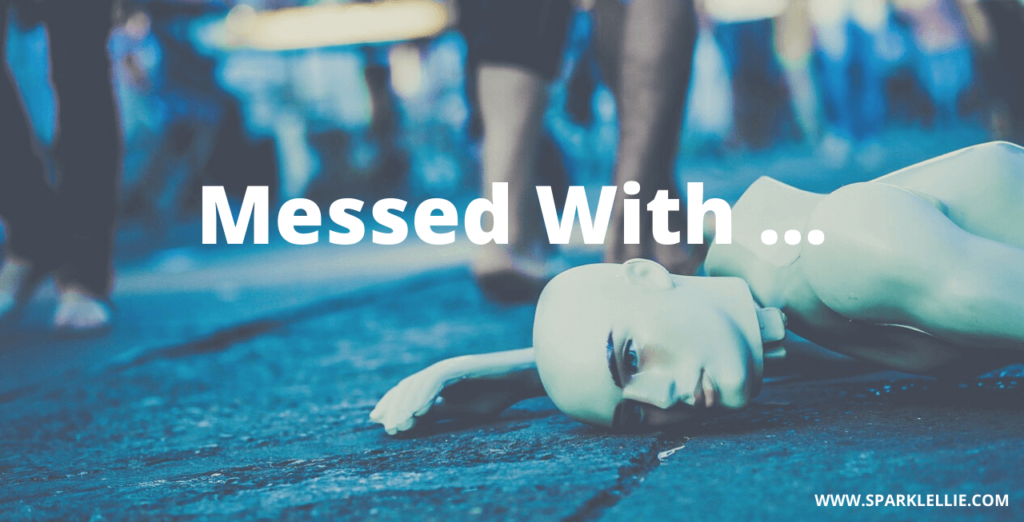
And then in the case of “on-the-job” bullies, they can mess with your work. They can shoot down your ideas or projects, refuse to praise you when you have done a good job, take credit for your work, make you the scapegoat for every problem encountered in the workplace, or just not acknowledging you at all.
These are the more subtle forms of bullying. There are also the more overt scenarios – like a partner continually making fun of you (public shaming), a friend who spreads malicious rumours about you, an individual invading your personal space (or even touching you), or a family member who plays cruel or “funny” pranks on you.
Some of the examples may seem “small” or “petty”. And an outsider may just advise you to shrug it off, grow a thicker skin or carry on. But understandably if you are facing this bullying, it is exhausting, frustrating, and emotionally taxing.
Types of Bullies
The below isn’t an exhaustive list of bullies but according to Verywellmind.com, these are the common types. They may overlap.
The tangible bully – also known as the material bully
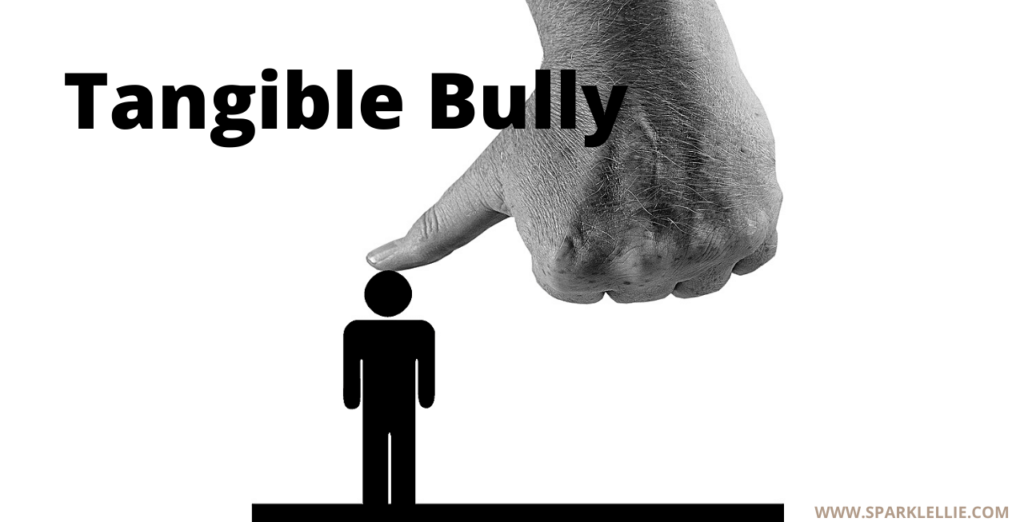
These types of bullies use their formal power over you to intimidate or control you. They may have control over your finances, be a superior at work or have some form of caretaker role in your life – anyone that has some measure of power over you.
The verbal bully – they use their words to harm
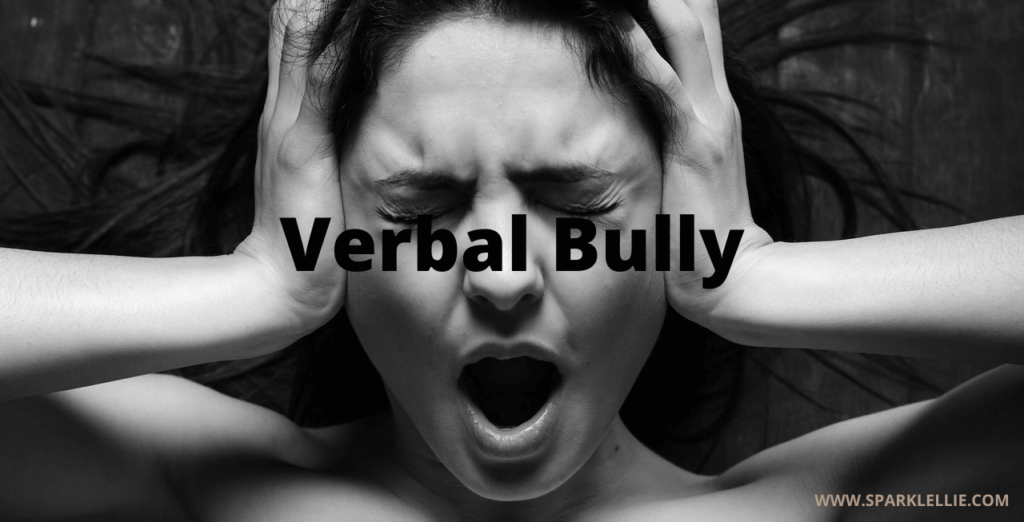
These types of bullies will shame, insult, criticise, participate in cruel teasing as their weapons of choice.
The passive-aggressive bully – also known as a cunning bully
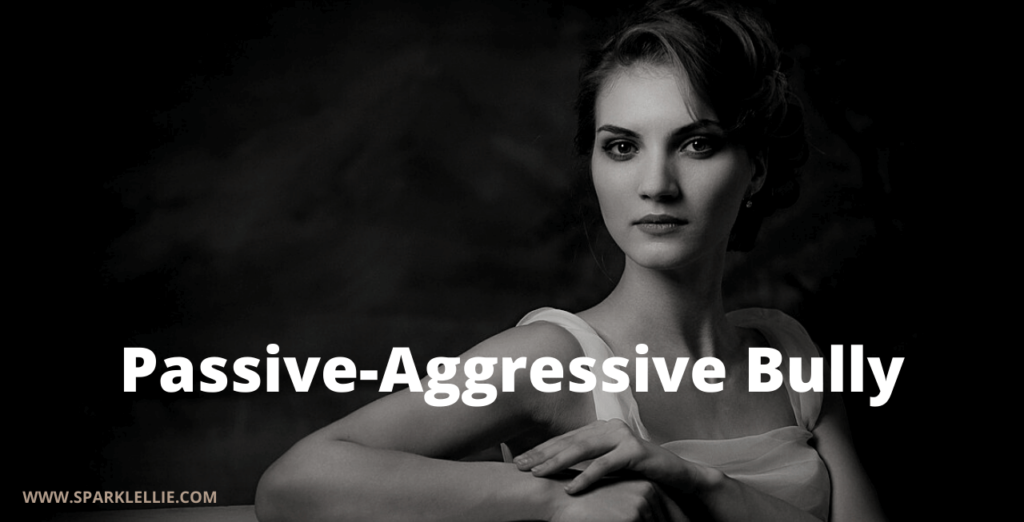
This type of bully is sneaky. They may act amicable, nice, even charming, and then suddenly take a few “swings” at you. Their weapon of choice includes gossip, sarcasm, hurtful jokes, rude facial expressions, eye rolls, and often delight in isolating you.
The cyberbully – the “latest” bully on the block
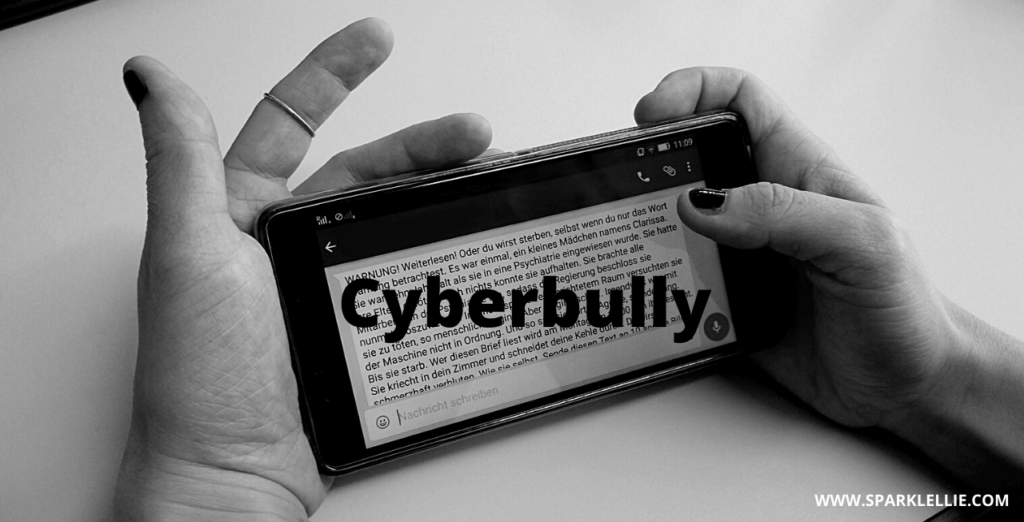
In a digital world, cyberbullying is extremely common (from children, teens to adults – no category is spared). These bullies use text messages, emails, and social media to victimise you.
What To Do If You Are Being Bullied?
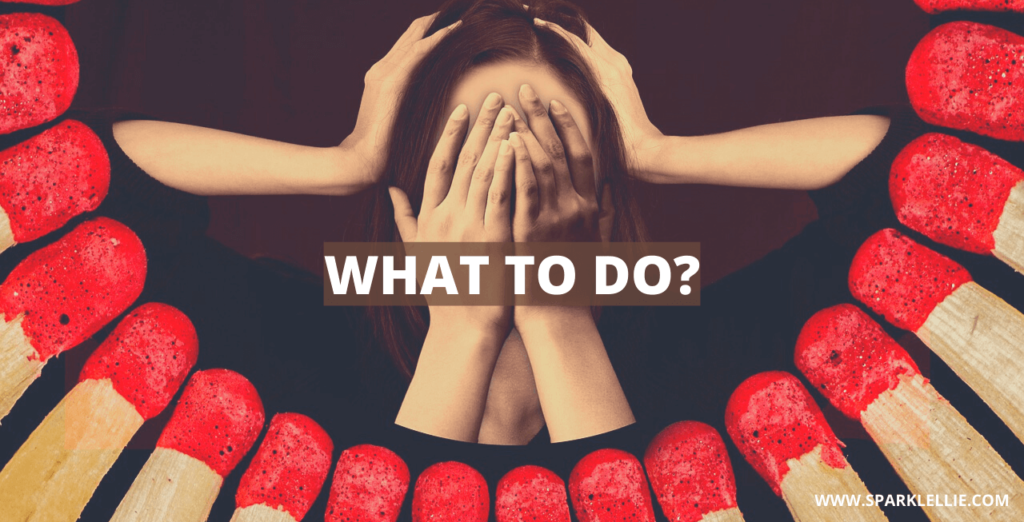
Being bullied as an adult is complicated and often there are real-life consequences if you speak up and out. It could lead to an end of a marriage, a rift in a family, losing your job, or being stigmatised and isolated further. And sometimes, there is very little that can be done. However, Psychologytoday.com has compiled a list of seven strategies that can assist you if you are a victim of adult bullying.
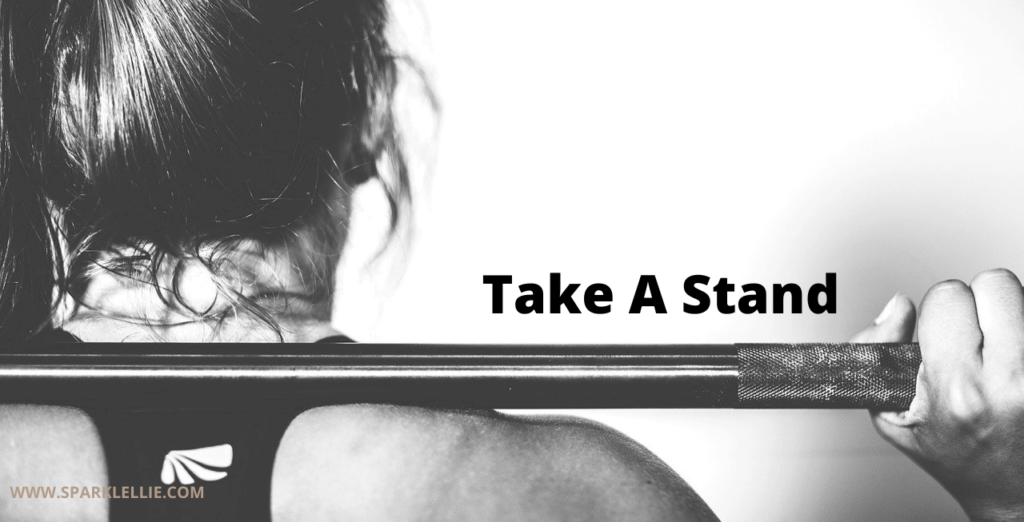
Take a stand – a bully finds their strength and power in fear. Don’t cower, show fear or let shame rule you. Speak up, be assertive, and where possible speak to someone who can help you face the bully.

Keep the evidence – save emails, screenshots, and document incidents. This may help if you need to take further action down the line.
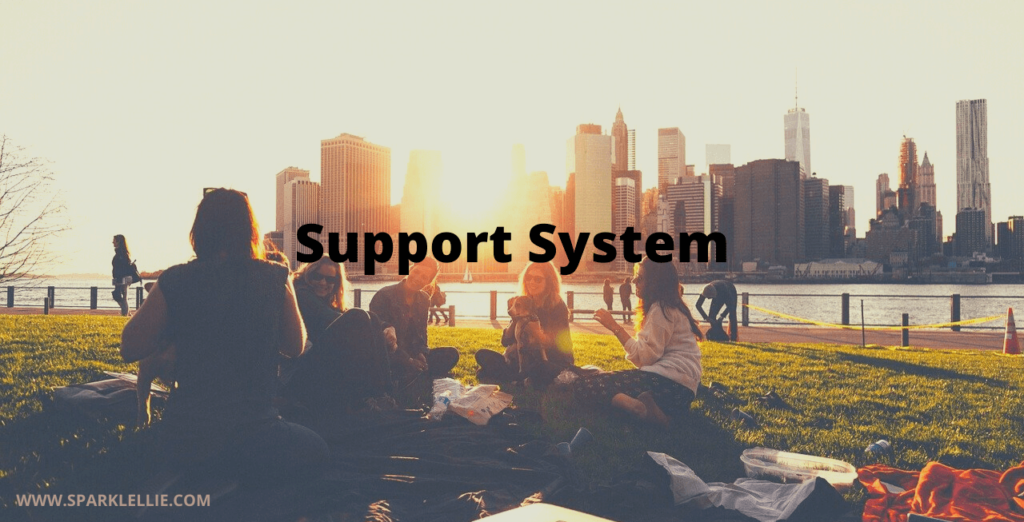
Get your support structure in place – don’t carry the burden by yourself or in silence. By not speaking up and out you may reinforce the belief that there is something wrong or shameful about you. Your loved ones can be the support you need to break out of the shame-spiral – they can advise, love you, give you perspective and remind you that you are more than a victim and that this bully is only in one area of your life.

Validate your experience – adult bullies are often masterful, charming, dynamic, and powerful. Their bullying is frequently sneaky and cunning, and it is therefore easy for you to “overthink” the situation and diminish the extremely painful experience you are going through, brushing it off “as-not-being-as-bad-as-you-think”. How would you react if a dear friend came to you and said they experienced what you did? How would you respond? Show yourself the same kindness and empathy. You are not making it up; you have the right to feel how you do and it is okay to acknowledge you are going through a tough time.
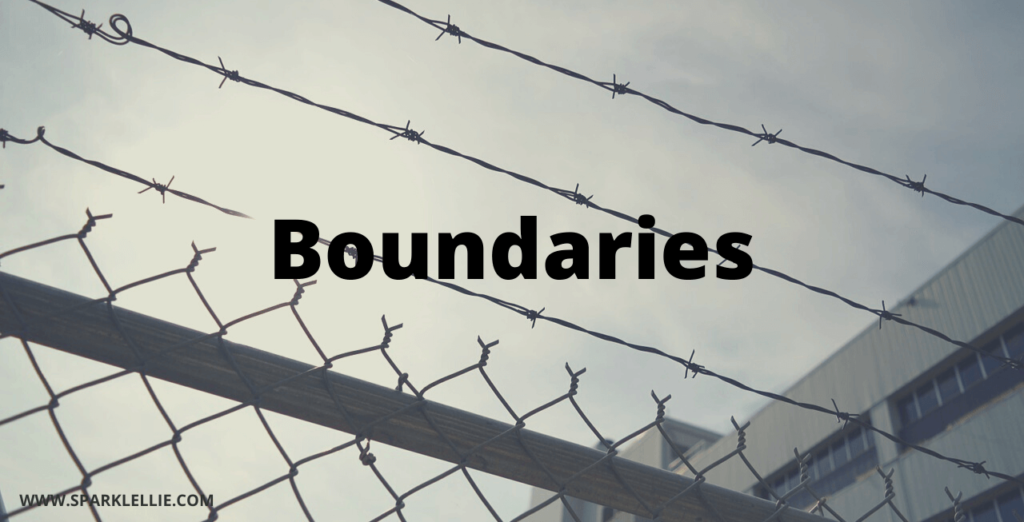
Establish boundaries – ideally physical boundaries, where you can limit your physical contact with the bully. Try to block or unfriend the bully on social media as well. Set emotional boundaries also. If the bully shows anger or is showcasing their own insecurity and shame, don’t hold on to it. It’s not your burden to carry someone else’s baggage or emotions even if it is directed at you.
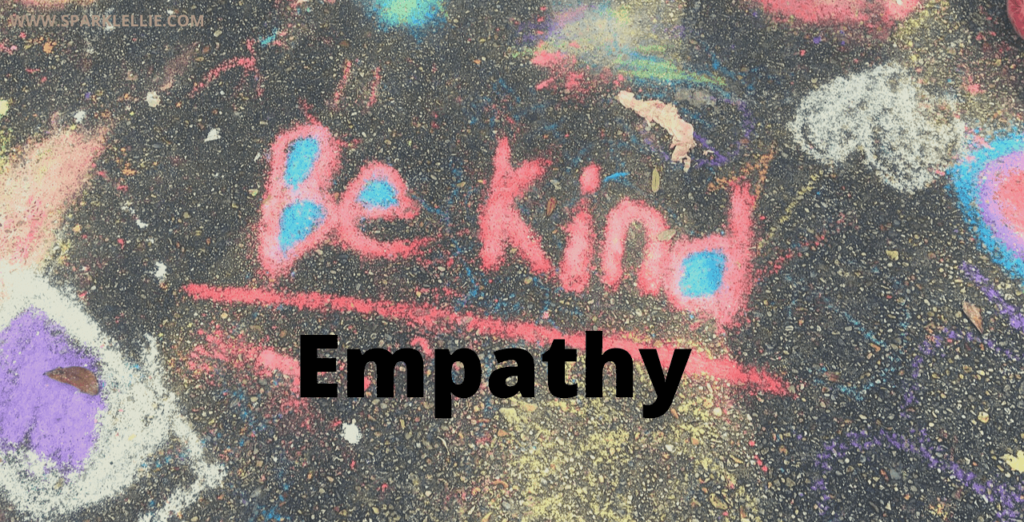
Show kindness and empathy – hurting people, hurt people. Although the bully’s actions aren’t justified, often they stem from trauma or victimisation they experienced in their past. This leads to a very fragile ego. If you view the bully as an abused adolescent for example (instead of an adult sociopathic asshole), it may conjure up compassion and kindness in your heart. This can give you a sense of perceived power and can be quite freeing.
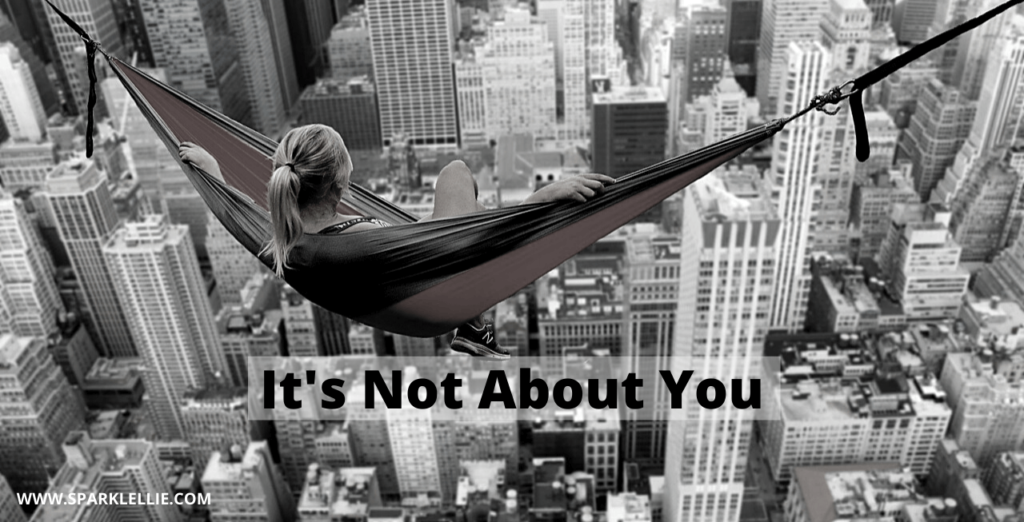
Chant, it’s not about me – it is about the unresolved difficulties and issues in the bully. Psychologytoday.com quotes Bonnie Duran: “nothing is personal, nothing is permanent, and nothing is perfect”. It may not be easy to depersonalise (because the attacks do feel deeply personal) but bullies have been around since the beginning of time. Remember it is never uniquely about you (bullying is a real and a common phenomenon). Let this empower you – it’s not about you, it’s not your fault or because you lack anything. It truly is about the bully and the nature of the fallen world.
Bringing It Home – So Why This Blog?
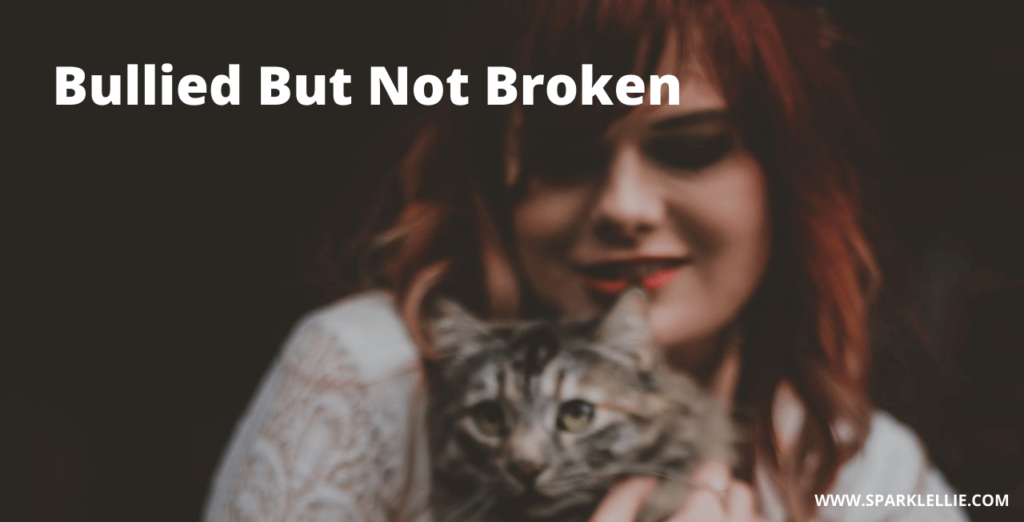
I, like so many others, have been a victim of adult bullying. Although I knew something wasn’t right and I was uncomfortable, I didn’t realise I was being bullied, to be honest. I felt a great sense of shame, self-doubt, dread, fear and felt completely inadequate and de-energised. Although I reached out to loved ones – I still deeply felt guilt and shame. I believed the bully must be right and I am failing or lacking in some way (I am just not good enough). Only when I reached breaking point from years of being bullied and spoke to someone in an official capacity, did the word bully come up in my mind and heart. Of course, I did what every person does in these situations – I Googled it (adult bullying). I was not only shocked that I was being bullied but shocked at how common it is. More importantly, the more I read about bullying, the more empowered I became and truly realised it was never about me (it was all about the bully). And from this empowerment, this blog was born. My hope in sharing this blog is that someone like me realises they are being bullied but that it’s not their fault and through knowledge, they can be empowered too. You may be bullied but you are not broken.
One Final PS
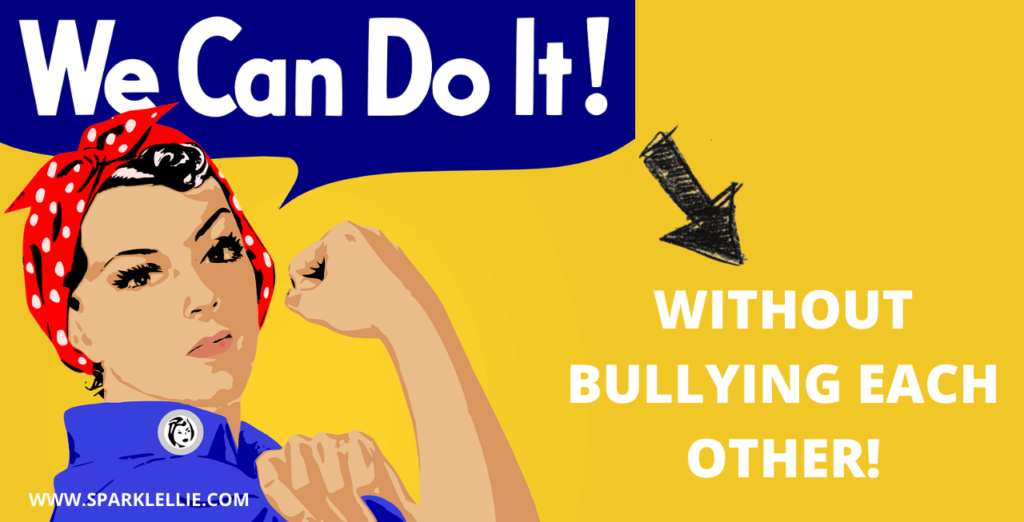
From all the research I did on adult bullying, something, in particular, broke my heart. Perhaps because it hit home. But in most cases, women reported being bullied by other women. In an age of empowerment, this is particularly heart-wrenching. This blog, therefore, leaves you with a final plea – if you are a woman (or man) in power, please seek help if you have had a traumatic past and lash out at people. Please do not bully vulnerable or sub-ordinate women (or men). We face enough struggles in life; we should lift each other up, not tug each other down in an attempt to tame the demons within.
Do you have a story to share about adult bullying? Please feel free to share in the comments below and on the Sparkle Ellie social media platforms.
Recommended reads for you:
Read more about adult bullying:

I was n still am a victim of bullying, I lost my place n was using my storage to survive, never stayed to sleep, or hang, only 1 hour by morning n one by night, sometimes less, I believe ower didn’t like that, so he started to harrass, stalked, itimidate me, it was horrible, I had to conclude it was owner, cause I didn’t know anybody there, it happened also maybe few days after I arrived there, worst thing is I moved to another storage, things are the same, they still bullying me, even I moved, I am suffering a lot,like u said they are very skilled on subtle bullying, n he sends many persons to bully me, all “men” all cowards I should say.